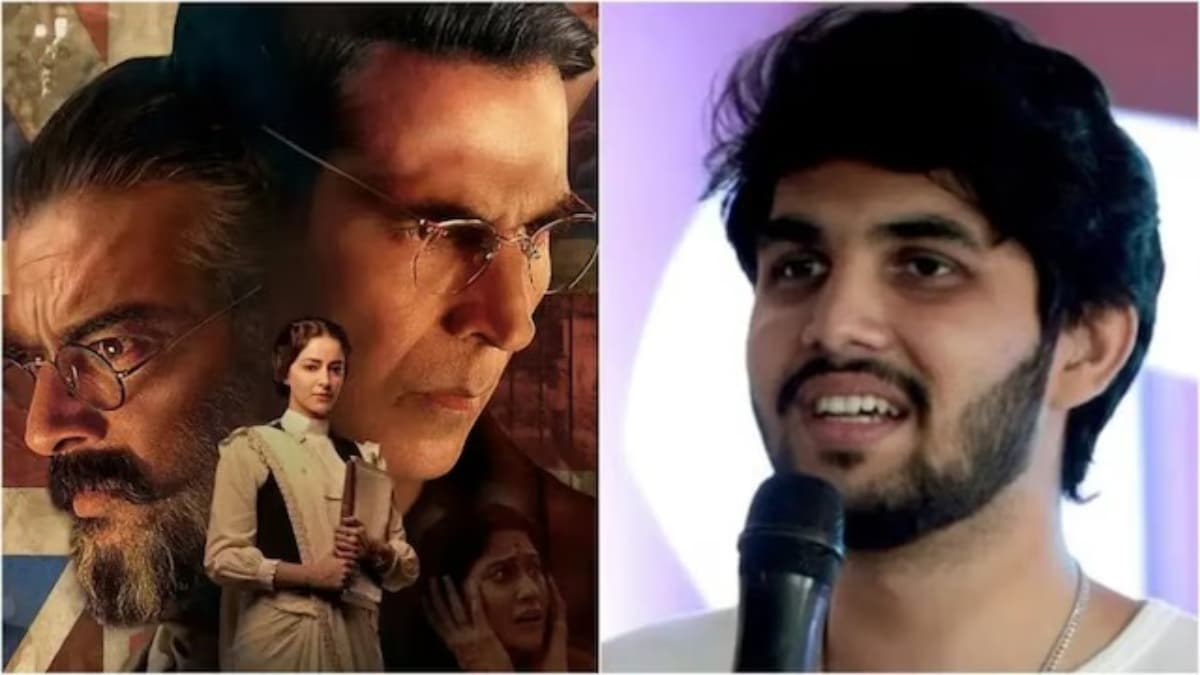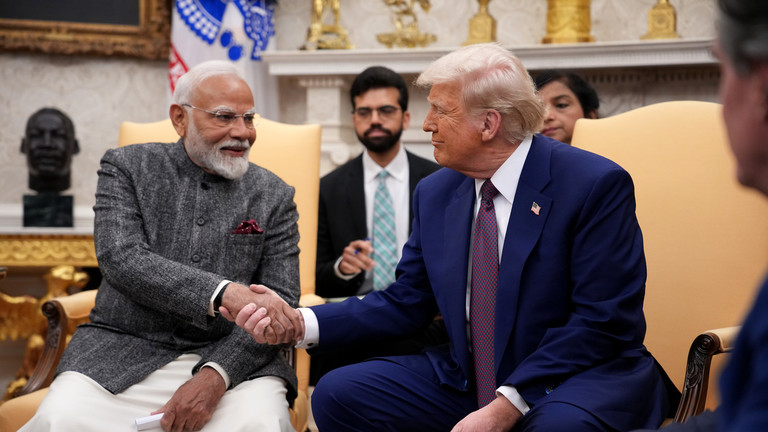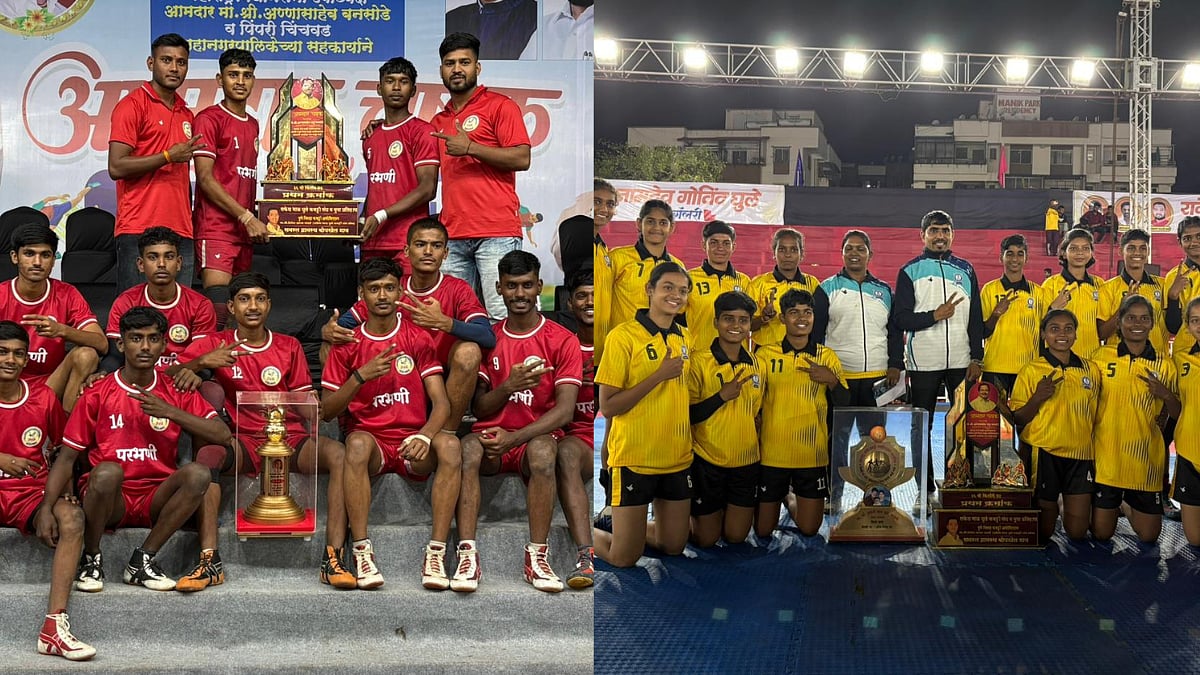Akshay Kumar's 'Kesari Chapter 2' faces plagiarism allegations, this writer says 'The dialogues were copied from my poem and...'
Centered around lawyer C. Sankaran Nair and the 1919 Jallianwala Bagh massacre, the historical courtroom drama film is directed by Karan Singh Tyagi and produced by Dharma Productions

On April 18, Akshay Kumar's "Kesari Chapter 2" was released in theaters. Yahya Bootwala, a poet and YouTuber, accused the creators of plagiarism in a since-deleted Instagram post.
"So @nisoooooooooorg sent me a clip from the movie Kesari 2 four days ago of dialogue he felt were copied from my poem, titled Jallianwala Bagh, published five years ago on @unerasepoetry YouTube channel," wrote Yahya Bootwala.
Here are the two clips, and to be honest, they haven't even attempted to conceal the fact that they are blatant copy-paste; matlab phusphusana jaisa shabd bhi uthaya hai. Yes, logo ke khayal mil sakte hai; people may have similar thoughts, but it is not a coincidence that kisi ek theme par bilkul ek jaisi lines likh dena, the poet said.
Bootwala also said, “As writers, the worst thing you can do to a fellow writer is pick their material up, blatantly use it without giving credits, and this is what I feel dialogue writer @sumit.saxena.35912 has done here. If you’ve ever felt attached to my work, please tag @karanjohar @karanstyagi @dharmamovies @akshaykumar and @ananyapanday so that this reaches them.”
Centered around lawyer C. Sankaran Nair and the 1919 Jallianwala Bagh massacre, the historical courtroom drama film is directed by Karan Singh Tyagi and produced by Dharma Productions, Leo Media Collective, and Cape of Good Films.
Kesari: Chapter 2 depicts the fallout from the Jallianwala Bagh massacre, one of India's most horrific historical occurrences. The movie explains how, following the horrific massacre in 1919, Sankaran Nair, a prominent Indian member of the Viceroy's council who had previously been knighted by the Empire, stood up and battled for the truth. The narrative emphasizes how Nair demonstrated that the killing was a planned crime, what we now refer to as genocide, rather than a response to a riot.






















